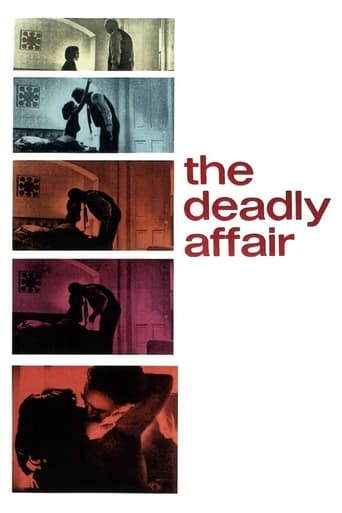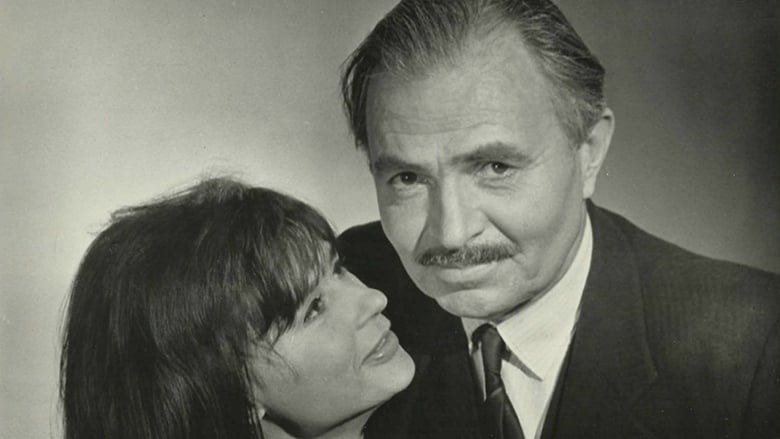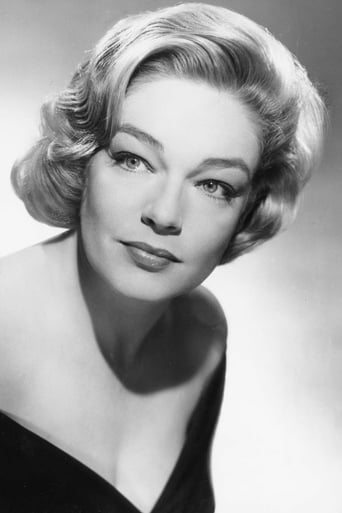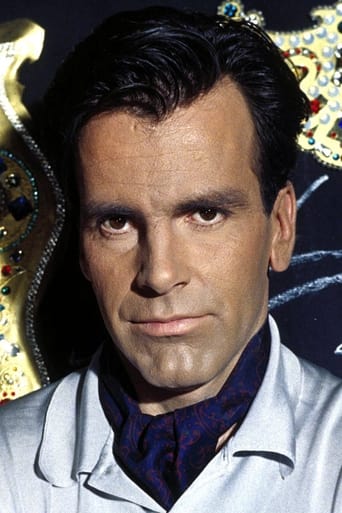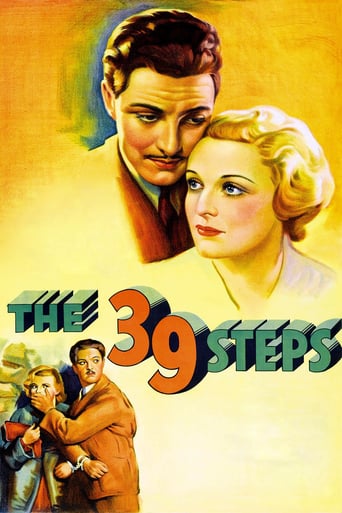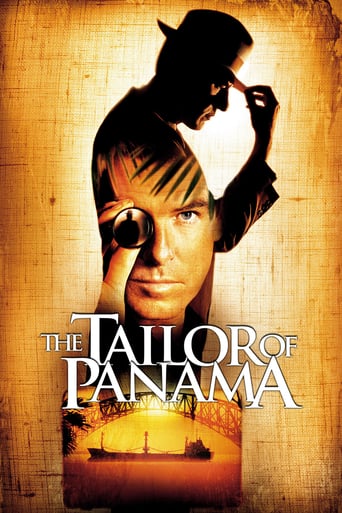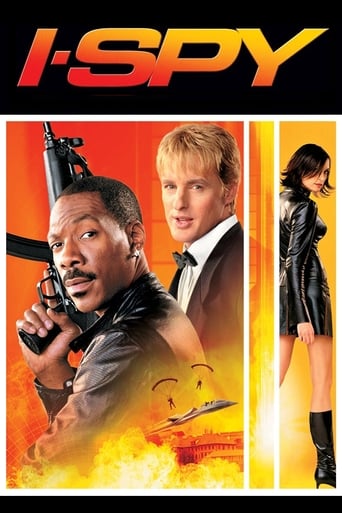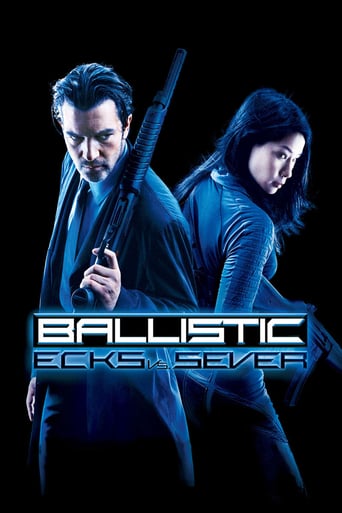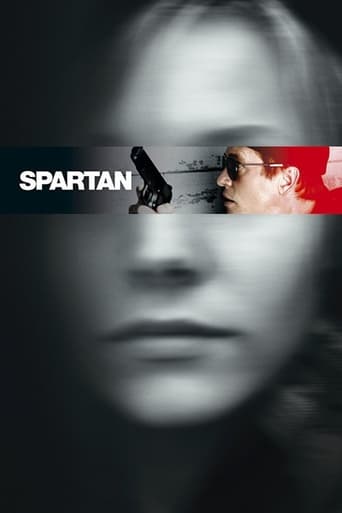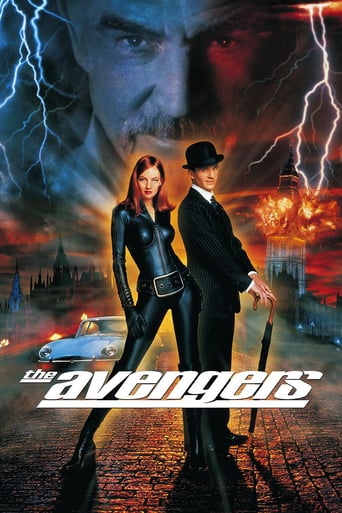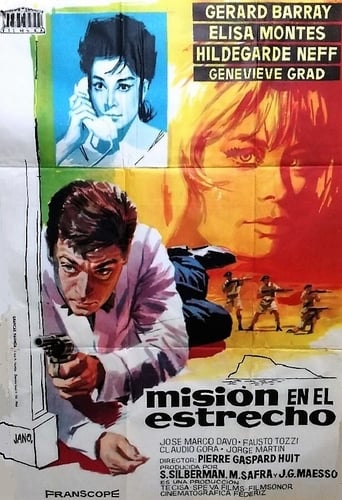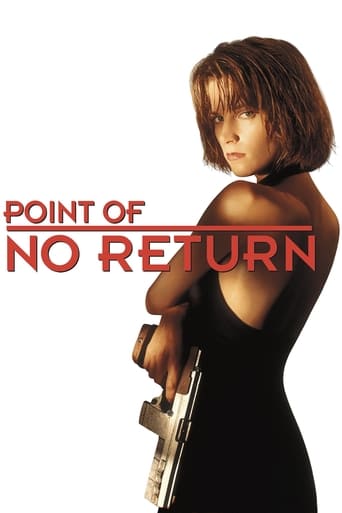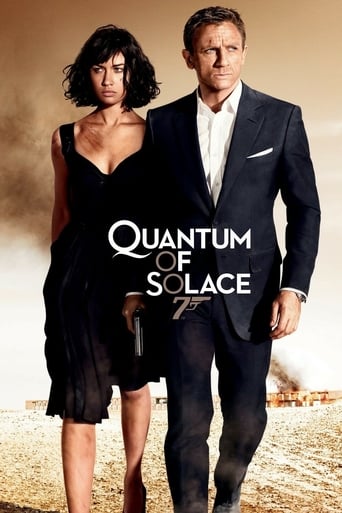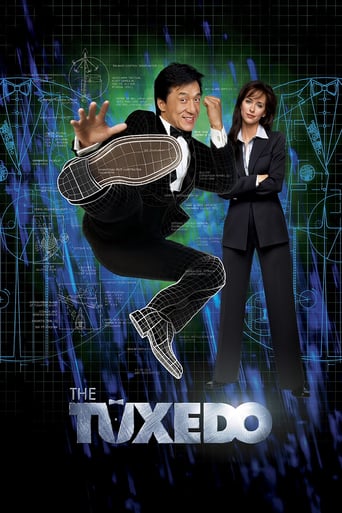The Deadly Affair (1967)
Charles Dobbs is a British secret agent investigating the apparent suicide of Foreign Office official Samuel Fennan. Dobbs suspects that Fennan's wife, Elsa, a survivor of a Nazi Germany extermination camp, might have some clues, but other officials want Dobbs to drop the case. So Dobbs hires a retiring inspector, Mendel, to quietly make inquiries. Dobbs isn't at all sure as there are a number of anomalies that simply can't be explained away. Dobbs is also having trouble at home with his errant wife, whom he very much loves, having frequent affairs. He's also pleased to see an old friend, Dieter Frey, who he recruited after the war. With the assistance of a colleague and a retired policeman, Dobbs tries to piece together just who is the spy and who in fact assassinated Fennan.
Watch Trailer
Cast


Similar titles
Reviews
best movie i've ever seen.
Admirable film.
Simple and well acted, it has tension enough to knot the stomach.
Unshakable, witty and deeply felt, the film will be paying emotional dividends for a long, long time.
This was based upon LeCarre's introductory novel for the enigmatic middle aged British spy, George Smiley, who's played brilliantly by James Mason here, with Smiley being given the different name of Dobbs and the title being changed from the book's 'Call For The Dead'. Lumet's taut direction and Freddy Young's evocative muted color cinematography all around London make the most of a story arc which is less intricate and suspenseful than that of The Spy Who Came in From the Cold, yet no less rich in characterisation. The entire cast is impeccable with riveting dialogues between Mason and Simone Signoret and then Maximllian Schell, in particular. An extra treat is extensive screen time given to a production of The Royal Shakespeare Company's "Edward II" with uncredited young David Warner as well as Timothy West debuting in a walk on role! Repeated closeups of Warner delivering the Bard's rueful poetry seemed to me an indulgence by the director, but who can blame him? For those who are seriously interested in serious spy dramas, this superb film is not to be missed. It was available from at least two major online stores to own and download for around $10 in 2018.
I can't recall how many times I have seen this film, commencing with its initial release, but it gets better every time. Can films mature with age like Volnay and Pommard? I see more in it now than I did before. Does this mean that I no longer have presbyopia? In this latest viewing, I realized for the first time the true enormity of the genius shown by Simone Signoret in her part which has very little dialogue. All she has to do is move her eyes, and we stir with emotion. This film is based on the John le Carre novel CALL FOR THE DEAD, and was the second of his novels to be filmed, the first being THE SPY WHO CAME IN FROM THE COLD (1965), which came out a year earlier. This is very much a film about people, and is only incidentally a spy tale. It is of course brilliantly made, with Sidney Lumet excelling himself, and all the actors at their very best. I spent one day on the set of this film in the spring of 1966, at Twickenham Studios. The only one of the actors who was there that day was James Mason. It was the only time I ever met him. We chatted for a while. For those who are interested, I can say that in person James Mason was exactly like James Mason on screen. What you saw was what you got. He really was James Mason, it's as simple as that. With many actors and actresses you meet somebody else entirely, but with him there was that same soft voice and gentle polite manner, in which he appears to be confiding in you as a dear friend. What a delightful fellow he was. So I never got to meet Simone Signoret, a great loss. I talked for a while with Lumet, who shocked me by saying that he would be happy to abandon celluloid and start making movies on video tape. He was a highly intelligent and very pleasant man. I spent much more time chatting with the cinematographer Freddie Young and his operator Brian West, both of whom I already knew. Freddie talked to me more on that day that at any other time. He waxed lyrical on his theories of lighting, put his hands in the air to show the rays of light coming down at different angles, and even showed signs of excitement. Freddie, who was the most sedate and calmest of men, never usually gave any indication of being excited about anything. He could calm any hysterical actor or actress simply by looking at them and smiling in a friendly fashion. Brian was the same. They were truly The Silent Ones on both set and location. Nervous directors instantly felt at ease in their presence. But what Freddie was most excited to tell me was that he had perfected a new technique on this film. He said that Sidney had wanted to have a visual effect of gloom in the film, and asked Freddie if he knew how to do that. So Freddie came up with what was then a brilliant new idea, though used continually ever since by everyone while celluloid was still in use. I asked him what was this new technique. And he answered with barely restrained enthusiasm: 'The film is 30% flashed.' I said what do you mean 'flashed'? He said that he had taken the celluloid out of the cans and pre-exposed it to light under carefully controlled conditions. He did many experiments and found that 30% exposure was just right. That made the finished film look subtly washed-out in the gloomy way that Sidney wanted, but while retaining its colour sufficiently. He was so proud of this achievement, which was the result of very prolonged experiments over a period of weeks prior to shooting. What fine fellows Freddie and Brian were. 'They don't make 'em like that anymore.' The other person I met that day was the young feminist campaigner, Gloria Steinem, who was visiting Sidney in her role as journalist to write an article about him and the film. She was super-glamorous in those days, really something! Most of the men on set hardly dared look at her, lest their desires overwhelm them. I steeled myself against this onslaught of pulchritude, overlookng the fact that she was irresistible and pretending I had not noticed, so that she and I chatted away for ages, and she was so effusively friendly that she insisted on giving me an introduction to her great friend Bob Brown at ESQUIRE, whom I thus later befriended. But her main enthusiasm was because I had been on friendly terms with her chum from COSMOPOLITAN, Helen Gurley Brown, or should I say Helen Girlie Brown. But then that is another story. You never know what is going to happen on a film set, though the answer to that (if you ask any bored actor waiting between shots): usually nothing. Now as to this film, it is simply superb, and everyone should see it immediately. Sidney also had the exquisite taste to cast the Swedish actress Harriet Andersson as James Mason's young nymphomaniac wife. Those of us who haunted the art houses in those days knew her from the Ingmar Bergman films, and then suddenly there she was in an English language film, and of course she does very well. The recipe for a good film is often: 'throw in one Swede or two Danes, and stir'. Just look at Bergman's protégé Max von Sydow to see how far they can go in the world of international cinema. And it is always good to see the wonderful British character actor Harry Andrews in films, here playing a sleepy retired police inspector who keeps nodding off. It is all just terrific, and every bit a superior John le Carre film. In fact it is even better, being a genuine classic.
Military Intelligence operative in London investigates a man from the Foreign Office division whose past included a youthful interest in Communism; satisfied with the amicably-concluded interview, the operative is awoken the next morning to learn his subject apparently committed suicide. Fearing it was actually murder--and afraid now for his own safety--he goes against the wishes of his supervisors and partners with a retired police inspector to uncover the truth behind the man's demise. Stylishly-presented but grindingly slow and downbeat spy yarn, adapted by Paul Dehn from John le Carré's debut novel "Call for the Dead". Freddie Young's pre-saturated color cinematography is terrific, and Quincy Jones supplies a subtle jazz score, but this cast of characters is simply not compelling. In the lead, James Mason never modulates his clipped diction and dry, hollowed-out voice, but supporting players Simone Signoret, Maximilian Schell and a sweetly-clumsy Lynn Redgrave add a bit of dimension to the enervated script and handling. ** from ****
Charles Dobbs (James Mason) investigates a typed letter accusing Samuel Fennan of the foreign office of his communist past. Dobbs' personal life is completely dysfunctional with his wife (Harriet Andersson) openly cheating on him. Dobbs is doing a security check on Fennan who seems to be amiable and claims to be young at the time. Then Dobbs is told he committed suicide. When everybody wants to leave it simply as a suicide, Dobbs continues to investigate. He interviews the wife Elsa Fennan (Simone Signoret) and things don't add up. An old friend Dieter Frey (Maximilian Schell) returns to town and his wife is cheating with him. Retired Inspector Mendel (Harry Andrews) helps with the investigation.It's a murky spy thriller from a John le Carré novel. It's slow and moody. Director Sidney Lumet does a reasonable job. It's not particularly tense. Even the action isn't that exciting. Dobbs is a pathetic character in his personal life. James Mason plays the personification of the British stiff upper lip. The mystery moves fairly slowly. It's not completely compelling to me. There are long sections of bland scenes like the play rehearsal. I think that may have been a bit British humor that I don't get.

